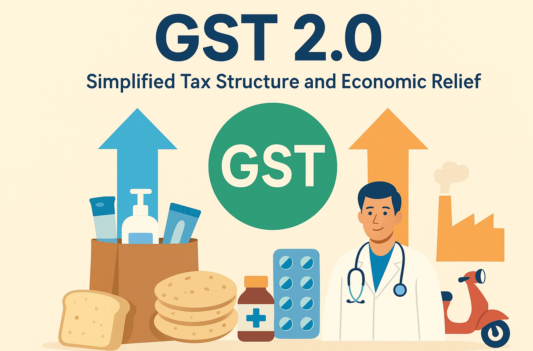



"Founded in 2009, the Tax Payer movement has grown to 20,000+ members, becoming the largest in the country. ITP focuses on efficient tax use, transparency, and ensuring citizens are informed about tax expenditures while receiving appropriate services. Building trust between taxpayers and collectors through fairness and openness is its core vision."
Together, we create moments that everyone enjoys and remembers!
Engage with experts and fellow taxpayers in vibrant forum discussions.
Stay updated with our curated tax tips and industry news every month.
Join or host events on tax awareness, updates, and community drives.
Attend expert-led seminars to stay ahead in the tax world.
India Taxpayer has been actively working on:
Through these efforts, we aim to build a transparent and tax-aware society.

A 100% cotton polo with a 3-button placket, ribbed sleeves, and embroidered India Tax Payer logo. Made in Tiruppur, fade-resistant, and ships in 2–3 days.
"Superb quality and a great cause. Love it!"